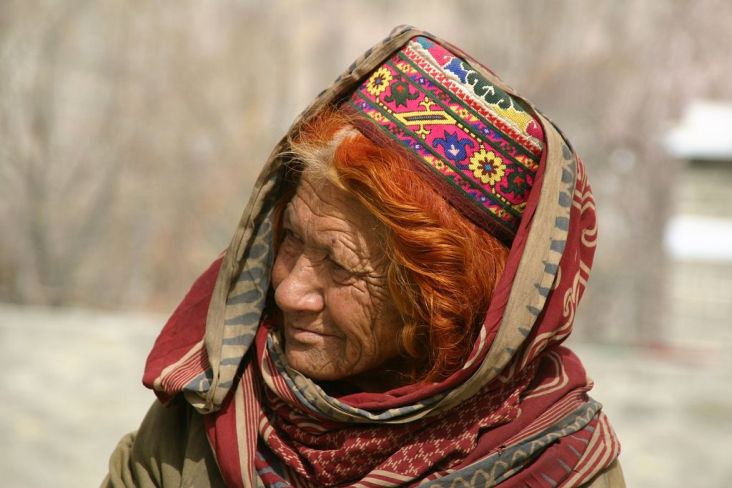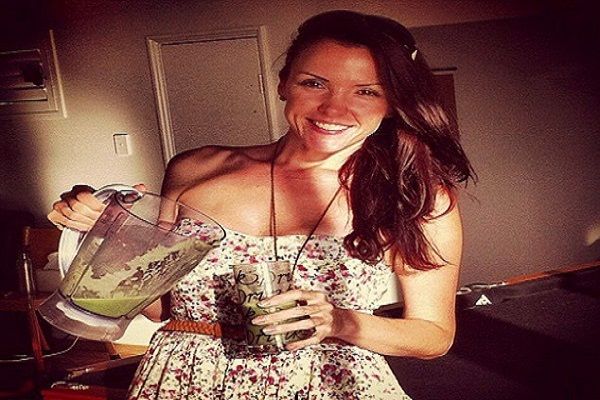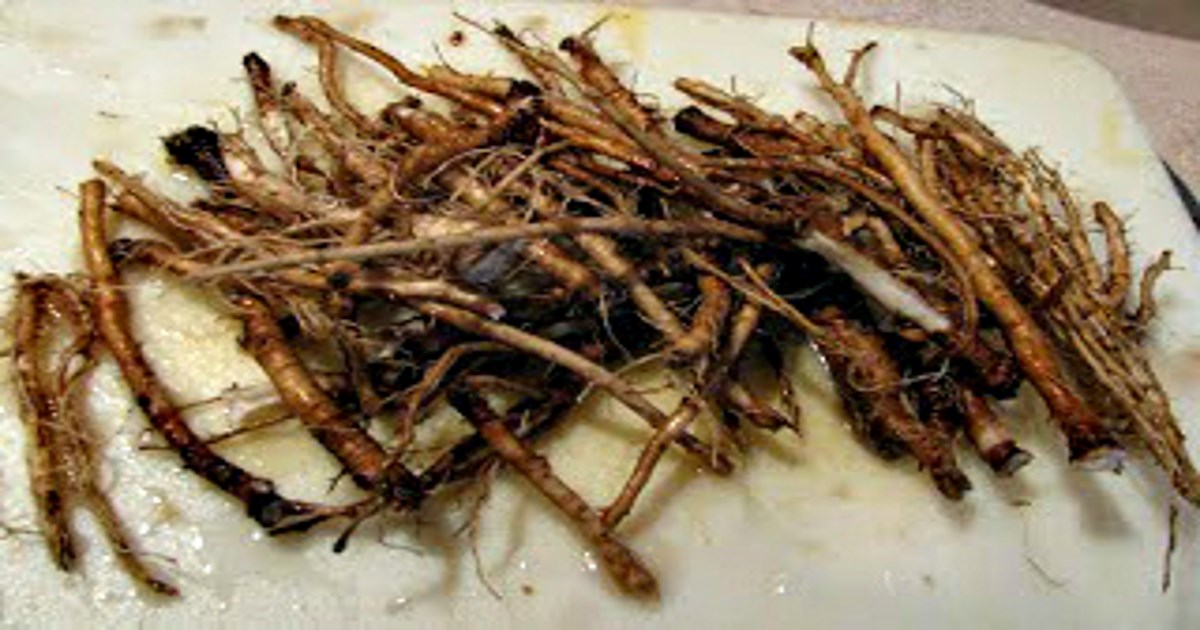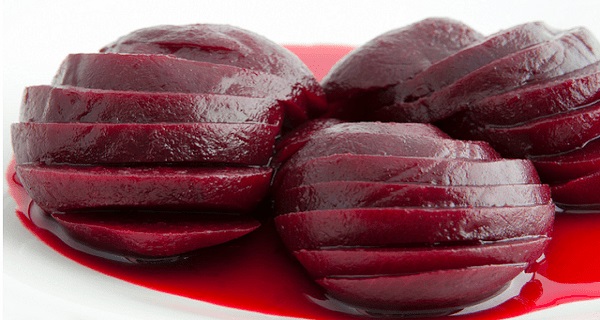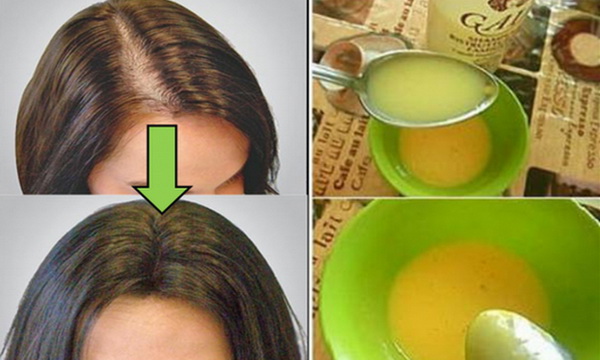She was diagnosed with cancer at 40 - and lived to 106. her secret was one vegetable that changed her life
|
Soong Mei-ling, better known as Madame Chiang, was far more than the glamorous wife of Chinese leader Chiang Kai-shek — she was a revered figure in her own right who shaped politics, philanthropy, and diplomacy throughout the 20th century.
Yet beyond her immense influence on history, Madame Chiang astonished the world in another, equally extraordinary way: her remarkable longevity.
Diagnosed With Cancer — Yet Lived to 106
At just 40 years old, Madame Chiang was diagnosed with cancer. She not only overcame the disease but went on to live to the age of 106, passing away peacefully in her Manhattan apartment in 2003.
Her secret? A combination of disciplined daily habits, thoughtful lifestyle choices, and — perhaps surprisingly — a few very simple foods.
The Morning Ritual
Every morning began the same way: a glass of cold water with lemon. She swore by eating five small meals a day, stopping when she felt about 70% full, maintaining what she called a state of “half-hunger” — a principle many modern nutritionists now praise.
Madame Chiang also devoted two hours each day to creative pursuits such as reading, painting, and quiet reflection — practices she credited with keeping her mind sharp well into old age. Her sleep routine was unwavering: bed at 11:00 PM, up at 9:00 AM, without exception.
The Humble Vegetable Behind Her Longevity
If there was one food she relied on consistently, it was celery. Far from being a boring vegetable, celery was a cornerstone of her longevity plan.
Rich in vitamins, carotenoids, and antioxidants, celery supports heart health, fights free radicals, and promotes overall well-being.
“Celery is simple, inexpensive, and wonderfully nourishing,” she once remarked.
Combined with her disciplined eating habits, it helped her remain vibrant and energetic — even past the age of 100.
What Science Says About Celery
Celery isn’t just a crunchy, low-calorie snack — research shows it offers genuine health benefits, including potential anti-cancer properties.
Packed with dietary fiber, it supports digestion and cardiovascular health, while its antioxidants protect cells from damage.
A key compound in celery is apigenin, a plant flavonoid long valued in traditional Chinese medicine for its anti-inflammatory, antibacterial, antiviral, and antioxidant effects. A 2016 review suggested that apigenin may even help fight cancer by triggering apoptosis, the natural process by which the body eliminates damaged or abnormal cells.
Studies in mice further indicate that apigenin can reduce inflammation by lowering certain inflammatory proteins, helping restore balance to the immune system.
Scientists have also identified luteolin, another flavonoid in celery, which may inhibit the spread of cancer cells and make them more responsive to treatment. While more human studies are needed, these findings highlight celery as a potential superfood worth including in your diet.
Beyond Nutrition
Of course, Madame Chiang’s life was about much more than health. Fluent in English and highly educated in the United States, she became a charismatic ambassador for China, lobbying the U.S. Congress during World War II, meeting with presidents, and appearing on the cover of Time magazine multiple times.
During the war, she was celebrated as a heroine of the Allied cause, symbolizing a China that was both resilient and unbroken. The Associated Press even called her a “modern Joan of Arc.”
During the Cold War, her image evolved into that of a tough, militant figure, often portrayed as a kind of “Mother Courage” of anti-communism.
She also founded schools for war orphans and earned a reputation as a compassionate and intelligent leader.
Even after her husband’s death, she remained active and sharp, exhibiting her traditional Chinese paintings in New York well into her 100s. Her life blended beauty, intellect, and discipline — leaving behind a legacy that continues to inspire women around the world.
A Lesson for Modern Women
Madame Chiang’s secret was not only what she ate — but how she lived: healthy eating, structured routines, mental stimulation, and self-care.
And celery? That simple, crisp vegetable might just be the unsung hero behind her century-long vitality.
It’s never too late to change your habits. Even after years of less-than-ideal choices, you can still take steps toward better health.
So next time you eat celery, remember: you’re following in the footsteps of a woman who survived wars, shaped diplomacy, and thrived well past 100.
Share her story — and inspire the women in your life.




